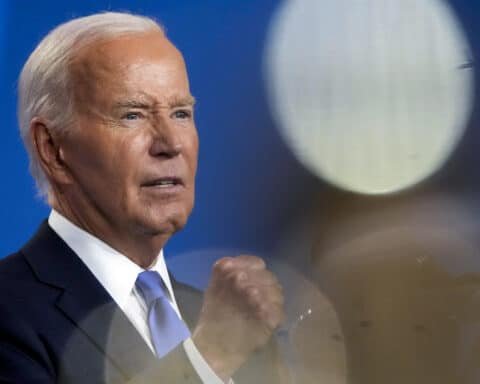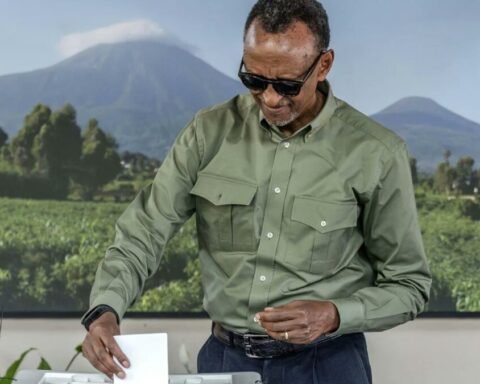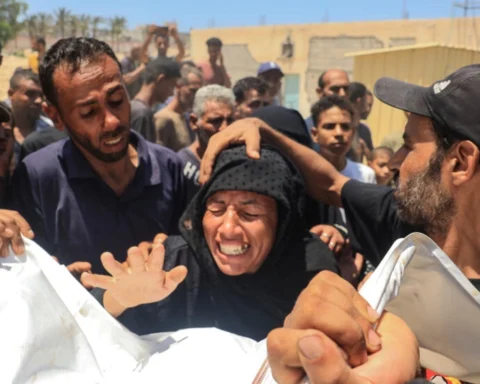ZIMBABWE has been ranked number 13th among the world’s most fragile States, putting to shame President Robert Mugabe’s recent denials his country was far from the inglorious classification and was second to South Africa among the continent’s most developed States.
This is according to the 2016-17 Fragile States Index released by United States think tank, Fund for Peace.
The index also places Zimbabwe as number nine among Africa’s most fragile States.
According to the index, the country is only better than South Sudan, Somalia, Central African Republic, Sudan, Democratic Republic of Congo, Chad, Guinea and Nigeria.
These countries have been ripped apart by internal conflict while Zimbabwe enjoys relative peace but remains tense in terms of political stability.
At a recent World Economic Summit held in Durban recently, President Mugabe said his country was Africa’s second most developed, inviting a backlash from opponents back home.
“Zimbabwe is the most highly developed country in Africa. After South Africa, I want to see another country as highly developed,” President Mugabe said then, adding that the country had 14 universities and had a literacy rate of over 90%, the highest in Africa.
“And yet they talk about us as a fragile state; we have a bumper harvest, not only maize, but also tobacco and many other crops. We are not a poor country,” he said. “If anyone wants to call us fragile, they can. You can also call America fragile,” he said
Scientific evidence, however, differs with the Zimbabwean leader.
The index ranks countries per their vulnerability to collapse based on twelve key political, social and economic indicators using the Conflict Assessment System Tool (CAST) analytical approach.
The annual report released since 2005 has Mauritius ranked the least fragile country in Africa and 148th in the world.
Mauritius is followed by Seychelles, Botswana, Ghana, Cape Verde, Namibia, Sao Tome and Principe, South Africa, Gabon and Tunisia.
They rank 125th, 120th, 108th, 106th, 103rd 97th, 96th, 91st and 89th in the world respectively.
178 countries were ranked based on the different pressures they face that impact their levels of fragility.
The most stable country on the global scale is Finland, followed by Norway, Switzerland, Denmark and Ireland.
The FFP methodology uses both qualitative and quantitative indicators, relies on public source data, and produces quantifiable results.
President Mugabe’s government has, in the past, presided over the seizure of white owned land without any compensation, company invasions by militant war veterans aligned to his party while the country has also maintained a tough indigenisation law which compels foreign firms to cede 51 percent equity to locals.
Local courts have been said to be too compromised to preside over disputes in which the State has a vested interest.
The economy has been tottering from one crisis to another with a crippling cash crunch coupled with stringent banking controls now affecting the smooth flow of business.
Zimbabwe also has one of the highest numbers of economic exiles among countries in the region.








